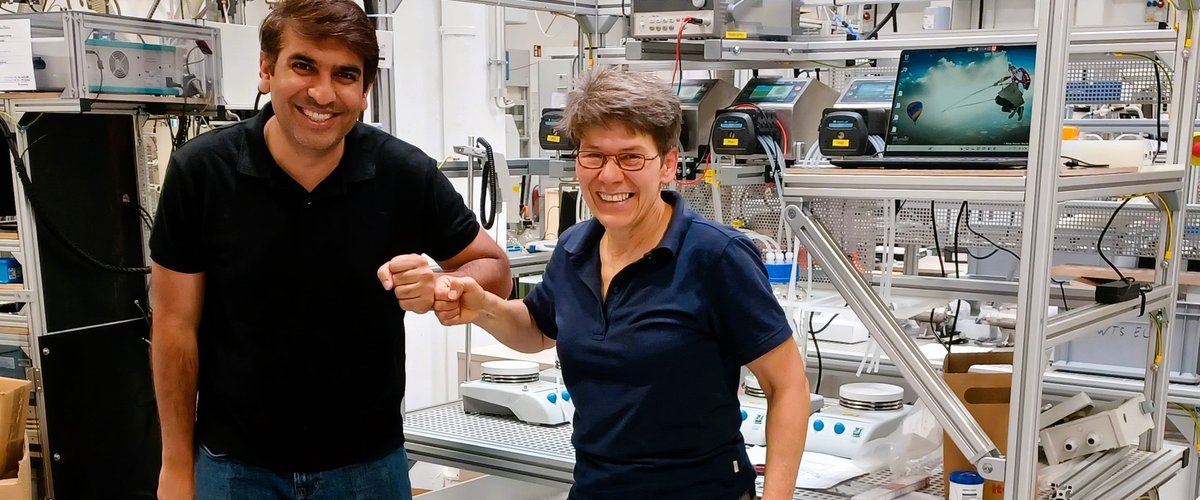
As a PhD student at iBET in Lisbon, I recently had an incredible opportunity to spend two weeks at the Fraunhofer Institute for Solar Energy Systems ISE in Germany...

As a PhD student at iBET in Lisbon, I recently had an incredible opportunity to spend two weeks at the Fraunhofer Institute for Solar Energy Systems ISE in Germany...
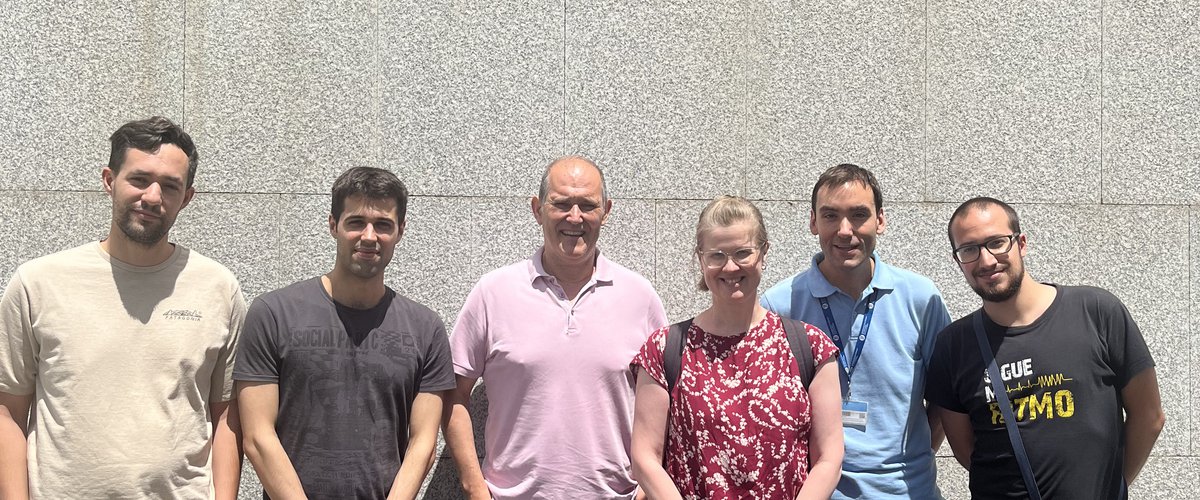
Seawater contains most the elements from the periodic table, but as 99% of seawater salts consist of just 6 ions: chloride (Cl−), sodium (Na+), sulfate (SO24−), magnesium (Mg2+), calcium (Ca2+), and potassium (K+), the remaining ions are known as Trace Elements (TEs)...
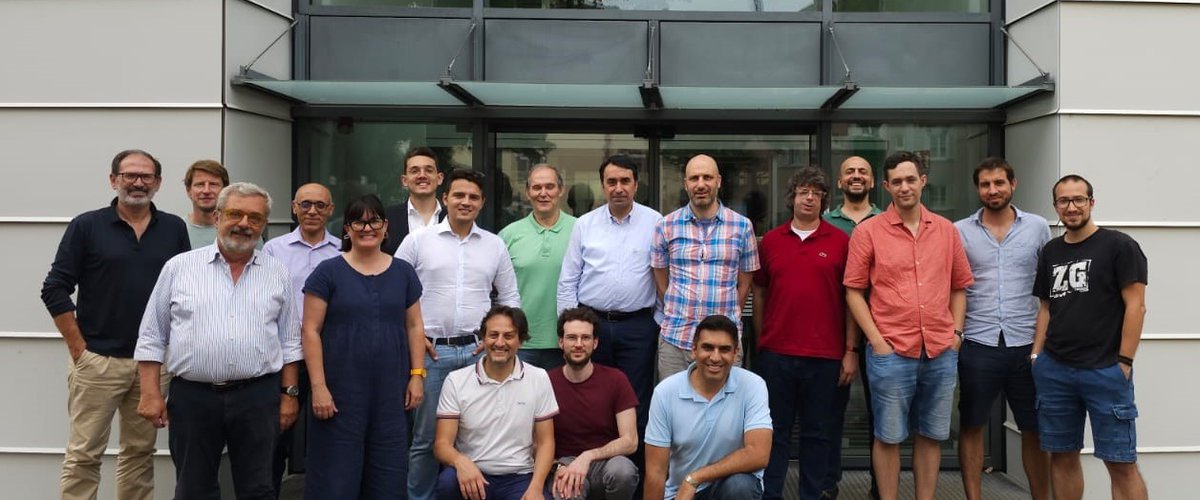
Hosted by the project partner Fraunhofer institute for Solar Energy Systems (Fh-ISE), SEArcularMINE partners gathered for the 7th SEArcularMINE General Assembly (GA) meeting on Wednesday 21st and Thursday 22nd of June 2023 in Freiburg, Germany..
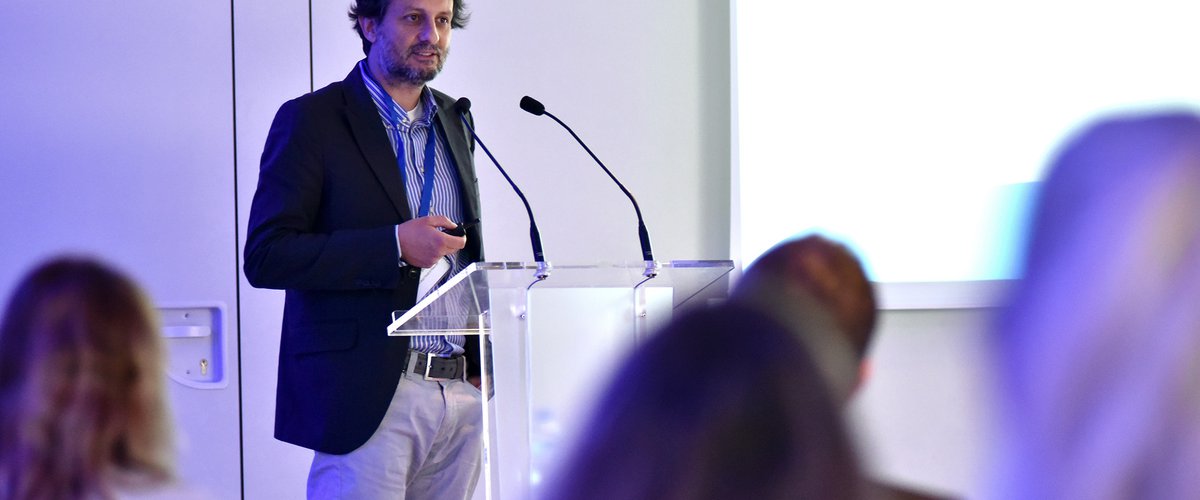
Project Co-Ordinator Prof. Andrea Cipollina was delighted to deliver a presentation about the SEArcularMINE project at this year’s annual EUSalt Conference 2023. EUSalt is the association of European and global crystallised salt producers whose members are key industrial users for the results emerging from the SEArcularMINE project...
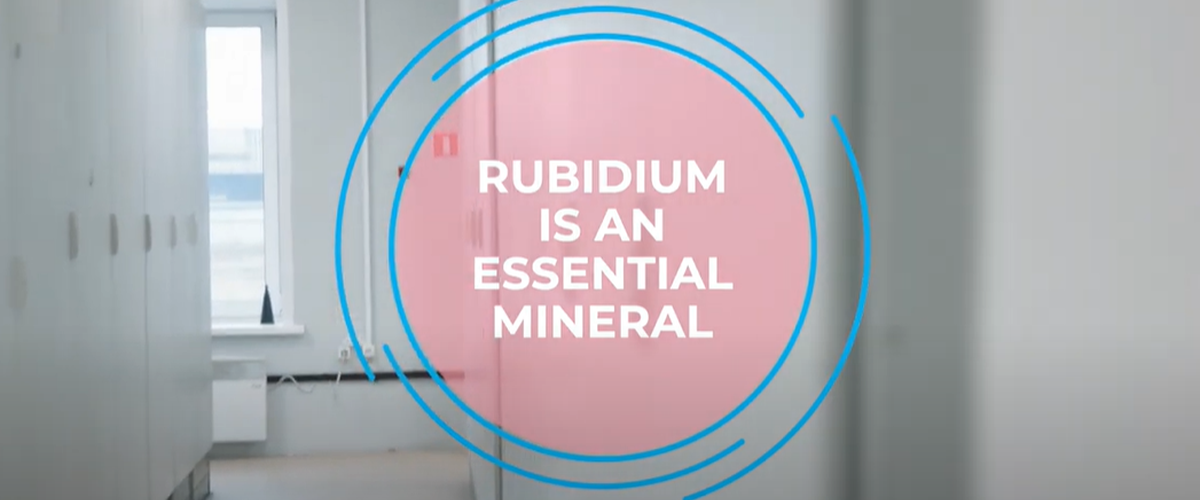
The EU imports rubidium from around the world to make fibre optics, medications and glass. But this is set to change, thanks to European innovation that looks at circular ways to source essential minerals from the sea, from Europe for Europe.
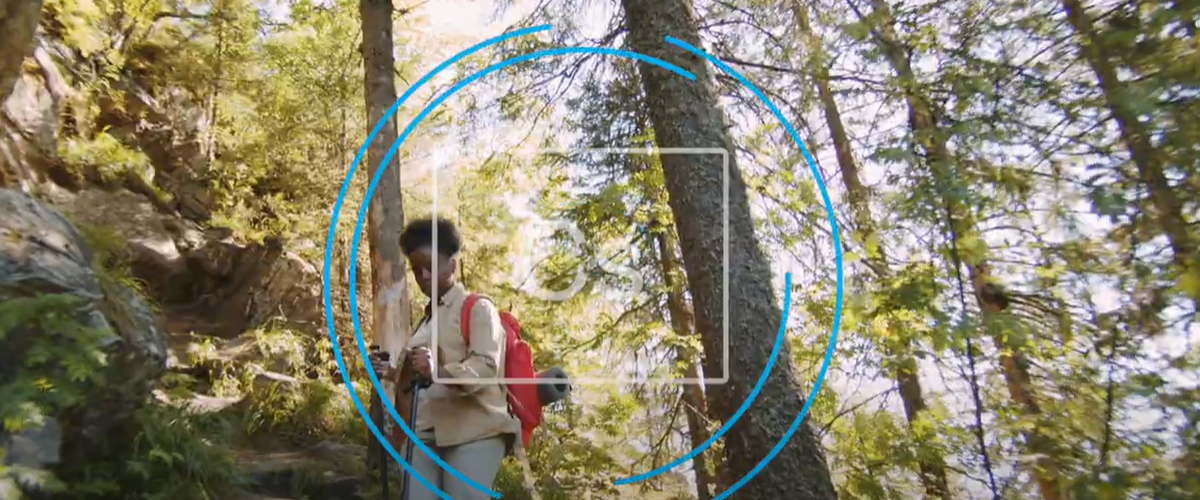
The EU imports caesium from around the world to make GPS systems, smartphone cameras and alkaline batteries. But this is set to change, thanks to European innovation that looks at circular ways to source essential minerals from the sea, from Europe for Europe.